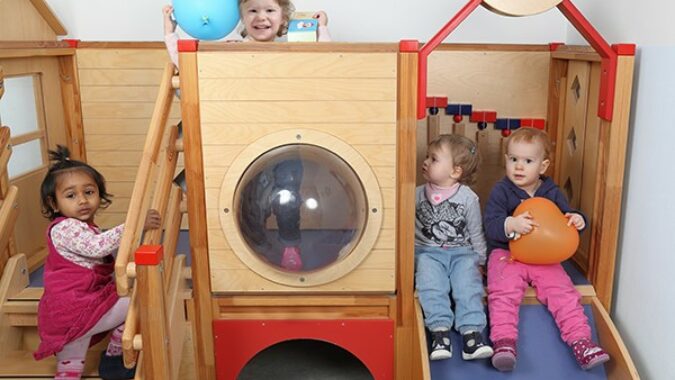Legislation that revises and expands the state’s child and dependent care gross income tax credit, supported by NJBIA, was signed into law by Gov. Phil Murphy on Friday – less than 24 hours after it arrived on his desk.
“The COVID-19 pandemic led many working parents—and working mothers in particular—to leave the workforce due to childcare challenges,” Murphy said in a statement. “This legislation will help ensure affordable access to childcare, a critical part of getting hardworking New Jerseyans back into the workforce and reversing the ‘she-cession’ caused by the pandemic.”
The bill, S-4065, sponsored by Assemblywoman Dawn Addiego (D-8), provides a childcare tax credit for eligible taxpayers earning up to $150,000 a year for the 2021 tax year.
It also removes the current caps of $500 for employment-related expenses paid by the taxpayer for one child or dependent and $1,000 for employment-related expenses paid by the taxpayer for two or more children or dependents.
“We thank Governor Murphy and the sponsors of this legislation for their support,” said NJBIA Director of Government Affairs Alexis Bailey, who provided testimony on the bill as it advanced through committees.
“New Jersey continues to face unprecedented workforce shortages across all industries. Nationally, our participation rate among female workers is at its lowest point in three decades. This bill will help improve access to childcare, which will help the industry and an entire workforce that relies on childcare.”
New Jersey’s child and dependent care tax credit is available for taxpayers who incur expenses for household services and the care of a child or dependent which enable the taxpayer to be employed.
The bill revises the credit so that it will be refundable, meaning a taxpayer could receive a cash refund if the credit amount is in excess of their gross income tax liability. Under current law, the credit is nonrefundable.
Bailey said 19% of mothers of infants and toddlers in New Jersey left the workforce during the pandemic due to childcare issues.
She said the tax credits will also help childcare centers throughout the state.
“Many childcare businesses have closed their doors and others struggle to stay afloat,” Bailey said. “Tax credits that can be provided families to assist with childcare expenses will also help support these small businesses and enhance their ability to remain open.”




